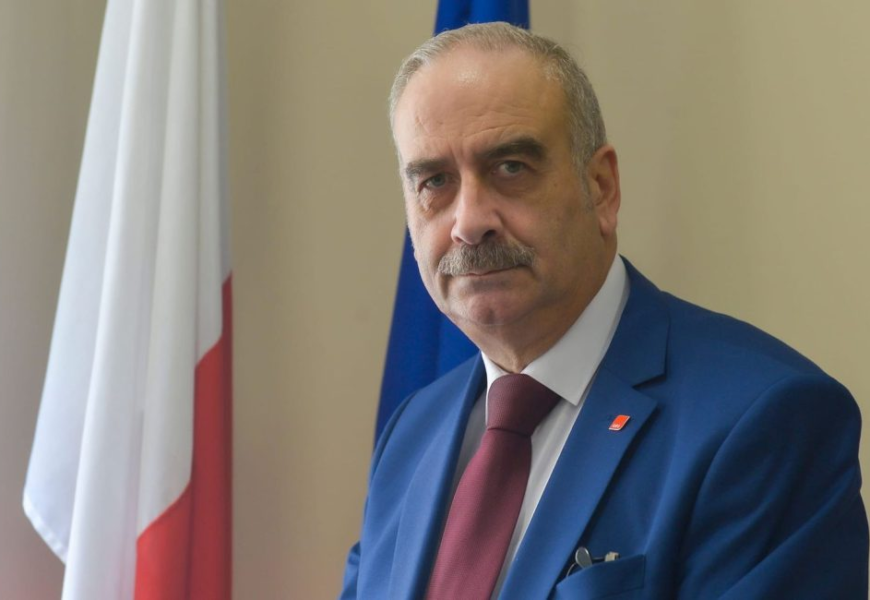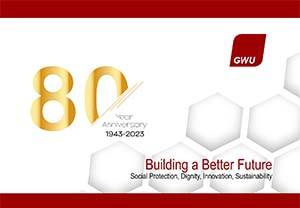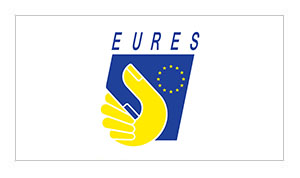The President of the GWU, Victor Carachi, in his message at the beginning of the
year
The issue of foreign workers is high on the agenda of the next European elections as
the main parties begin to formulate the political issues on which they will base their
main programmes.
As President of the General Workers Union, the largest trade union on the Maltese
island, I cannot help but notice a certain statement that is certainly worrying, it almost
shows an ‘anti-worker’ sentiment – if not xenophobia.
It is understandable that the increase in population, whether through labour migration
or not, will eventually lead to some form of significant impact on the island’s
infrastructure and public services. But what individual or politician can complain that
the economic growth of the last decade, the growth in jobs and security in the form of
wage growth and public tax contributions has not been desirable?
Malta has continuously endeavoured to attract foreign investment in recent years,
which has created jobs. In some cases, we have rewarded multinational companies
that have set up shop here with a substantial 85% rebate on taxable dividends. We
wanted to attract more tourists to our Maltese hotels and restaurants, which is why
we pay millions in subsidised landing fees to low-cost airlines every year. Even the
Maltese film industry itself is now being incentivised through cash rebates of up to
40% of total expenditure in Malta to attract this particular type of foreign investment
and job creation.
It is also true that this economic growth has led to labour shortages in many service
sectors, such as the food and beverage industry, as well as in healthcare and
infrastructure, as ambitious road building and construction projects have begun.
There is no doubt that this growth required a system that attracts foreign labour in a
structured way.
At the same time, the ageing Maltese population urgently needed more nurses and
carers. And the social mobility of Maltese workers, which started to increase,
coincidentally started precisely with the increase in demand for more labour, with
certain types of jobs, both manual and highly skilled, needing to be filled with more
foreign workers.
What I cannot understand is that certain right-wing forces are now calling for
repression against foreign workers or some inexplicable form of population control,
which, it is easy to say, is only directed against citizens from outside the EU.
But do these forces expect us to blame all the problems of this growing economy on
the foreign workers from outside the EU who work in Malta? The ones who build or
clean our roads, drive the buses or serve us in the supermarkets? Do they pretend
that our Maltese dependence on private cars and traffic problems are the fault of
foreign workers? That the long waiting lists in public hospitals are their fault?
To me, this is a misleading message, especially now that we are entering a new
political season of European elections.
Everyone knows that the Maltese economy has doubled in recent years and that this
has required an influx of foreign labour. We have seen them at work during the
pandemic – in testing centres, in our retirement homes, hospitals, restaurants and in
every kind of workplace… they even serve us at our football clubs and other sports
centres. Which of these workers should be sent back? The carers of our elderly?
Those who work in the hospitals? Those who work side by side with us in the
workplaces. Those who work in our football clubs?
Does it make sense that these people are treated like a parcel of mail that is sent
back to where it came from, because some have started to claim that suddenly these
people are no longer needed after the pandemic? Isn’t it better to discuss how these
people can be integrated into Maltese society, in a way that they also understand our
values and laws, to avoid the creation of ghettoes?
Indeed, some of our economic sectors and crucial public and social services could
risk collapsing if it were not for the rapid recruitment of these people. If anything, the
argument here is that they will be protected, as the government is doing through the
laws on temping agencies and recruitment for 2024.
The GWU welcomed the draft rules for recruitment agencies. The abuse that was
prevalent among certain recruitment agencies should reach its end in the coming
months. Stricter legislation can ensure better rights for foreign workers.
We also hope that the Government keeps on the agenda, in a favorable way, the
proposal of the GWU for mandatory membership in the trade unions: everyone
knows what the differences are between organized employees and those who are
not, especially where foreign workers enter who are often ‘without agency’ in our
economy: on their own.
If we really want to seek to improve standards and good governance in our country,
this legislation needs to be introduced as soon as possible. Mandatory membership
in trade unions allows every worker, foreign and Maltese, to choose the union that
best represents his interests. Solidarity, not exclusion, is the way forward.












